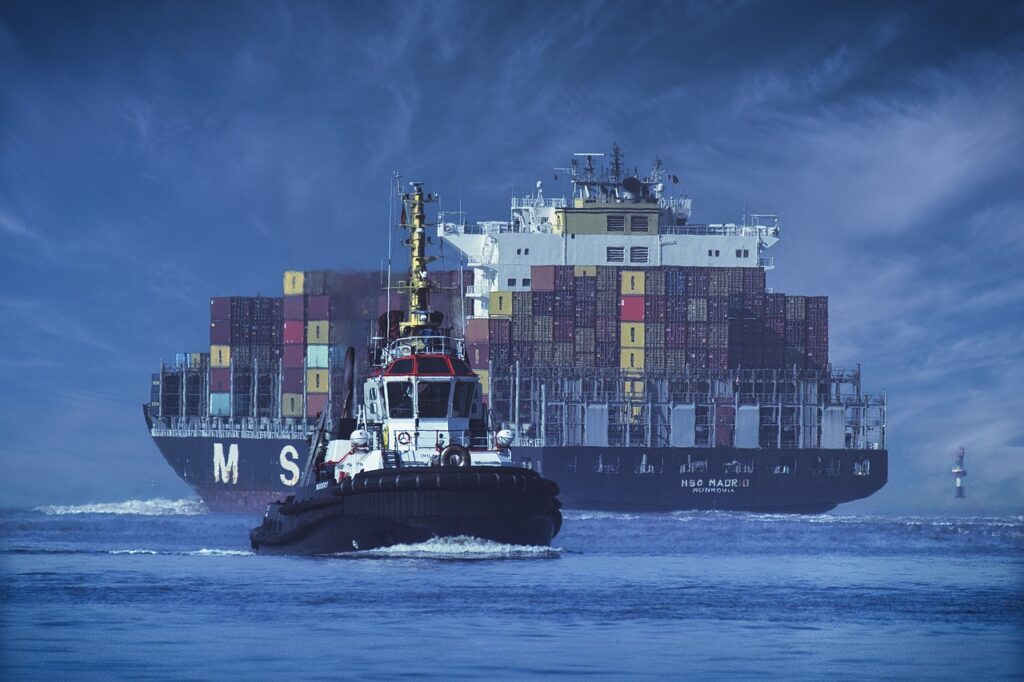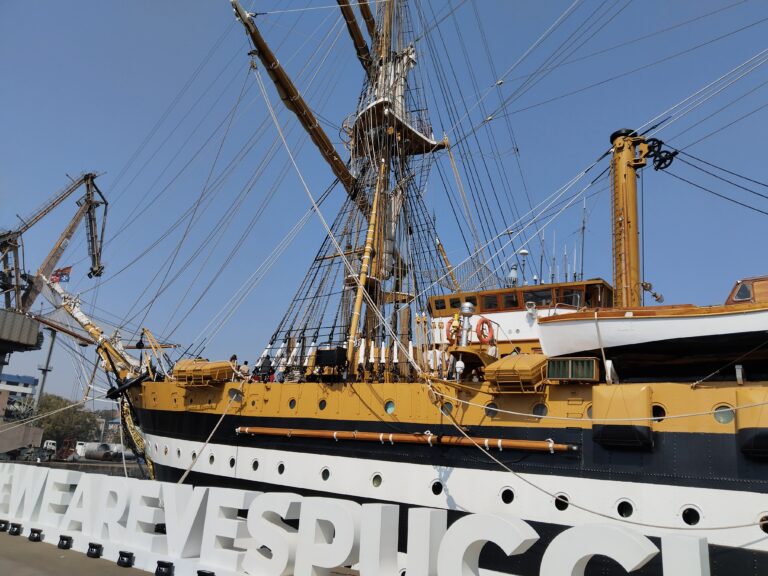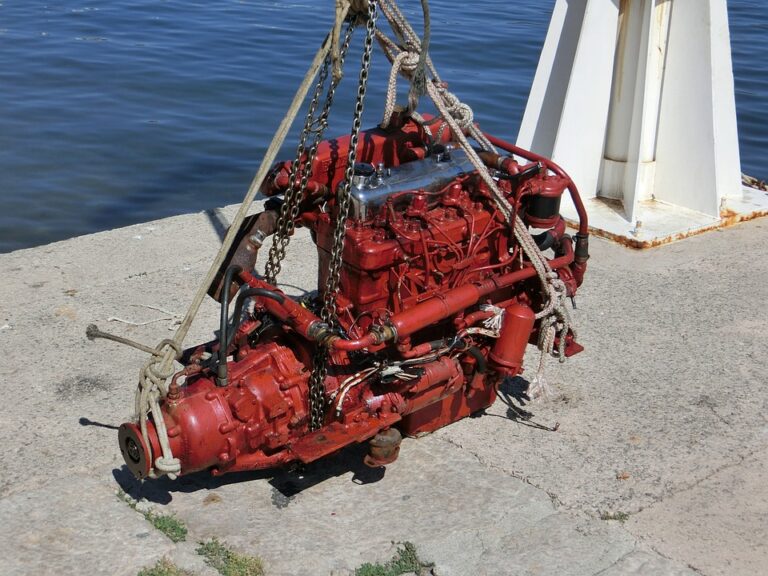India as the Global Maritime Capital Market

India, with its strategic location, extensive coastline, and rich maritime history, is poised to become a global maritime capital. The country’s maritime industry is not only a backbone of its economy but also plays a pivotal role in global trade. The Indian government’s proactive policies, coupled with its vast natural resources and burgeoning infrastructure, make India a potential leader in the global maritime capital market.
Historical Context of Indian Maritime Trade
India’s maritime history dates back to the Indus Valley Civilization, with ancient ports like Lothal and Dholavira indicating the early engagement in maritime trade. The Chola dynasty, during the 10th and 11th centuries, expanded Indian maritime reach to Southeast Asia, establishing trade routes that laid the foundation for the country’s maritime prowess. The arrival of European traders in the late medieval period transformed India into a significant node in global maritime networks.
Current Status of Indian Maritime Industry
Ports and Infrastructure
India has a coastline of over 7,500 kilometers, housing 13 major ports and around 200 non-major ports. The major ports include Mumbai, Chennai, and Kolkata, which handle a substantial volume of cargo traffic. The Sagarmala project, an ambitious initiative by the Indian government, aims to modernize ports, improve port connectivity, and promote port-led development.
Shipping Industry
India’s shipping industry is one of the largest in the world, with a fleet of around 1,400 ships. Indian companies like the Shipping Corporation of India and Great Eastern Shipping Co. Ltd. play significant roles in the global shipping market. The government’s push for increasing the share of Indian-flagged vessels in global trade underscores the strategic importance of this sector.
Maritime Logistics and Services
The logistics sector in India is evolving with advancements in technology and infrastructure. Integrated logistics players are providing end-to-end solutions, enhancing the efficiency of maritime trade. Moreover, maritime services such as shipbuilding, ship repair, and maritime education are critical components of the industry.
Government Initiatives and Policies
Sagarmala Project
The Sagarmala project aims to reduce logistics costs, boost exports, and create millions of jobs by enhancing port infrastructure, improving port connectivity, and promoting the development of coastal communities. The project envisions the transformation of India’s ports into world-class facilities.
Maritime India Vision 2030
The Maritime India Vision 2030 is a blueprint for the holistic development of the maritime sector, focusing on increasing the capacity of major ports, improving operational efficiencies, and promoting sustainable practices. It aims to attract significant investments in the sector and position India as a global maritime hub.
Shipbuilding and Repair Policy
The government’s policies on shipbuilding and repair aim to boost domestic capabilities and reduce dependence on foreign countries. Incentives for shipbuilding, tax rebates, and the promotion of indigenous technologies are some measures to enhance the competitiveness of Indian shipyards.
Challenges Facing the Indian Maritime Sector
Infrastructure Bottlenecks
Despite substantial progress, infrastructural bottlenecks remain a significant challenge. Many ports suffer from congestion, inadequate facilities, and poor hinterland connectivity. Addressing these issues is crucial for enhancing the efficiency and competitiveness of Indian ports.
Regulatory and Bureaucratic Hurdles
The maritime sector in India is often bogged down by complex regulatory frameworks and bureaucratic red tape. Streamlining regulations and ensuring a business-friendly environment is essential to attract investment and foster growth.
Environmental and Sustainability Concerns
The maritime industry is under increasing scrutiny for its environmental impact. India needs to adopt sustainable practices, such as reducing carbon emissions, managing marine pollution, and protecting marine biodiversity, to align with global environmental standards.
Strategic Location and Geopolitical Significance
India’s strategic location, astride major shipping routes, offers significant advantages for becoming a global maritime capital. The country’s proximity to the Strait of Malacca, a critical chokepoint in global maritime trade, enhances its geopolitical significance. India’s active participation in regional maritime initiatives and its naval presence underscore its strategic maritime interests.
Opportunities for Growth and Investment
Blue Economy
The Blue Economy encompasses sustainable use of ocean resources for economic growth, improved livelihoods, and jobs while preserving the health of ocean ecosystems. India’s focus on the Blue Economy can drive growth in sectors such as fisheries, aquaculture, renewable ocean energy, and marine biotechnology.
Foreign Direct Investment (FDI)
India’s maritime sector offers significant opportunities for FDI. The government’s liberal FDI policies, coupled with incentives for investment in port infrastructure, shipbuilding, and logistics, create an attractive environment for foreign investors.
Technological Advancements
Adopting cutting-edge technologies such as blockchain, artificial intelligence, and the Internet of Things (IoT) can revolutionize the maritime industry. These technologies can enhance supply chain transparency, optimize logistics, and improve operational efficiencies.
The Role of Private Sector and Public-Private Partnerships (PPP)
The private sector plays a crucial role in the development of the maritime industry. Public-Private Partnerships (PPP) can drive the growth of port infrastructure, logistics services, and shipbuilding. Successful PPP models in countries like Singapore and the UAE provide valuable lessons for India.
Case Studies of Global Maritime Hubs
Singapore
Singapore’s transformation into a global maritime hub offers valuable insights. The country’s strategic location, efficient port infrastructure, and business-friendly policies have attracted global shipping lines, making it a leading transshipment hub.
Rotterdam
The Port of Rotterdam is Europe’s largest port, renowned for its advanced infrastructure and logistics capabilities. Its focus on innovation, sustainability, and digitalization has set benchmarks for the global maritime industry.
Dubai
Dubai’s strategic vision, state-of-the-art port facilities, and logistics infrastructure have positioned it as a significant maritime center. The DP World, a leading port operator, plays a pivotal role in enhancing Dubai’s maritime status.
The Path Forward: Strategies for India
India needs to continue investing in modernizing port infrastructure, enhancing hinterland connectivity, and adopting best practices from global maritime hubs. The development of deep-draft ports and container transshipment terminals is crucial.
Developing maritime clusters that integrate ports, logistics, shipbuilding, and ancillary services can create synergies and enhance competitiveness. These clusters can drive innovation, attract investment, and create jobs.
Investing in maritime research and development is essential for technological advancements and sustainability. Collaborations between industry, academia, and government can drive innovation and address sectoral challenges.
Streamlining regulations, reducing bureaucratic hurdles, and ensuring a transparent and predictable regulatory environment are critical. Regulatory reforms can enhance ease of doing business and attract investment.
Promoting green shipping, adopting sustainable port practices, and ensuring marine conservation are essential for long-term growth. Aligning with international environmental standards can enhance India’s credibility in the global maritime market.
India’s aspiration to become a global maritime capital is backed by its strategic location, rich maritime heritage, and proactive government policies. Addressing challenges, leveraging opportunities, and adopting best practices from global maritime hubs can propel India to the forefront of the global maritime industry. The vision of a thriving maritime sector is not just about economic growth but also about sustainable development, regional stability, and global influence. By embracing this vision, India can play a pivotal role in shaping the future of global maritime trade

